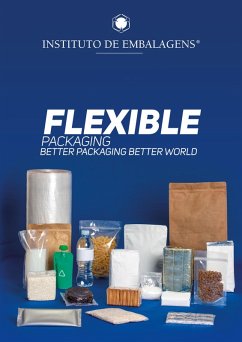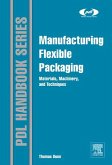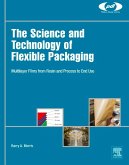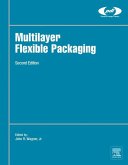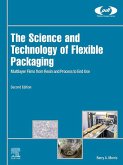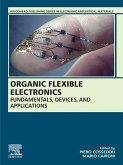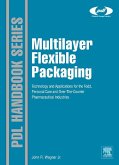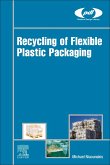Flexible packaging: the fastest growing packaging market in the world is the subject of the new book by Instituto de Embalagens In Brazil, the performance of the flexible packaging industry also continues to expand. In 2021, gross sales reached BRL 43.6 billion, according to a Maxiquim study carried out for ABIEF (Brazilian Association of the Flexible Plastic Packaging Industry). The result represents growth of more than 55% in relation to the previous year. The food industry remains the main market for flexible plastic packaging in Brazil (42% share) and globally (75.5%) in 2021. The fastest-growing end-use markets include meat, fish and poultry, and frozen foods, with an average annual growth rate of 5.9% globally. Flexibility, as the name implies, is one of the great differentials of flexible packaging that is present in various categories of consumer products, addressing convenience, practicality, safety, and environmental, economic, and social sustainability. The growth of stand-up pouches around the world and in Brazil is notable, adding lids and accessories, and gaining market share in new segments. "Innovation brings an avenue of opportunities to develop better flexible packaging for a better world", highlights Assunta Napolitano Camilo, director of the Packaging Institute. Sustainability - The Smithers study also points out that revisiting various stages of the packaging journey, from design to recycling, will be important for the circularity of plastic and will also be one of the subjects addressed in the new bilingual book on Flexible Packaging by the Instituto de Embalagens. In Western Europe, there is increasing pressure to replace difficult-to-recycle plastics in many important applications. This is already driving the evolution of flexible paper packaging and, in particular, structures that can provide adequate barrier protection. Alternatives under development within plastics include: . Use of more recycled plastic content without compromising material performance; . Improve the recyclability of current packaging options with more mono-material constructions; . Identification of suitable markets for flexible biopolymers. An emerging trend in the post-Covid world has been the use of refill packs for household and personal care products. This has unlocked new potential for flexible plastic refill packaging that minimizes size and weight in transit. The new bilingual book on Flexible Packaging brings updated content, covering, market information, trends, design, innovations, processes, equipment, and sustainability.
Dieser Download kann aus rechtlichen Gründen nur mit Rechnungsadresse in A, B, BG, CY, CZ, D, DK, EW, E, FIN, F, GR, H, IRL, I, LT, L, LR, M, NL, PL, P, R, S, SLO, SK ausgeliefert werden.

